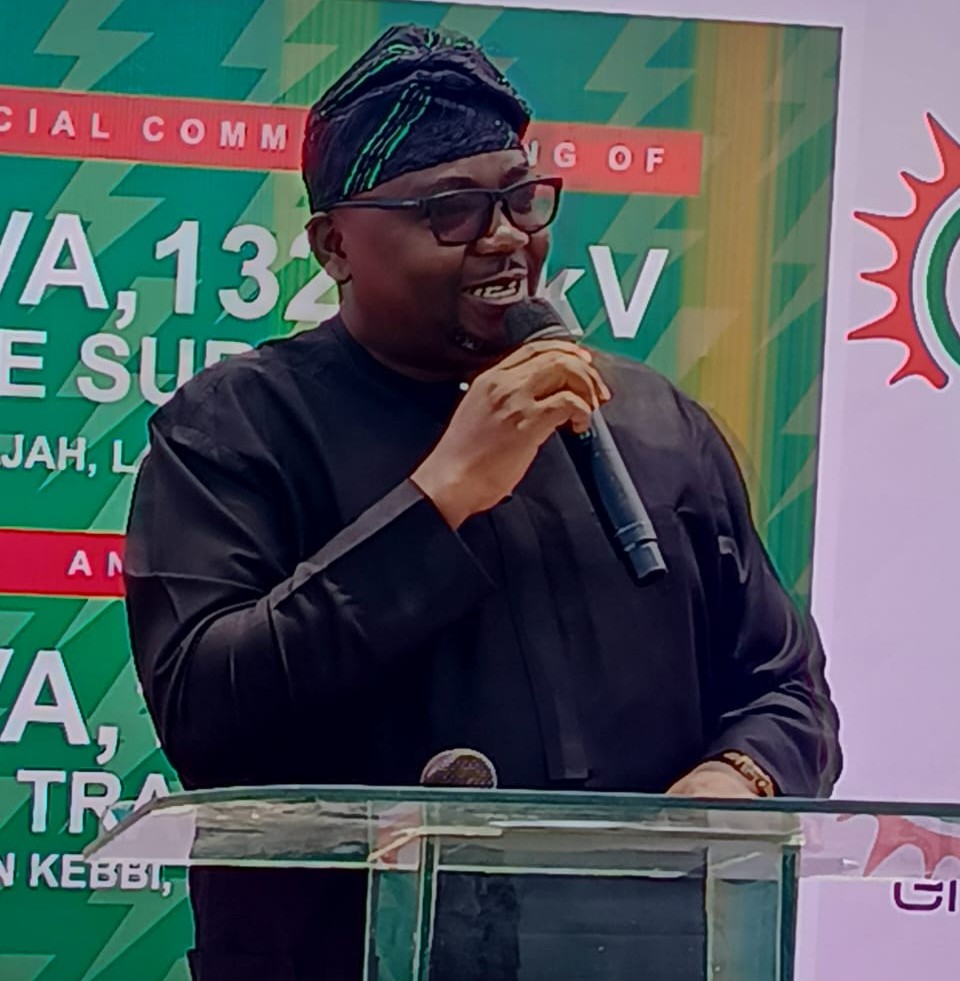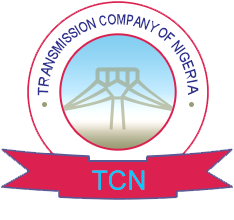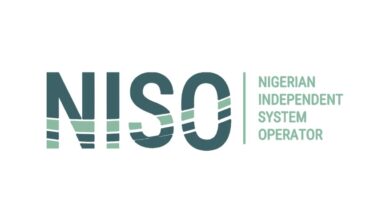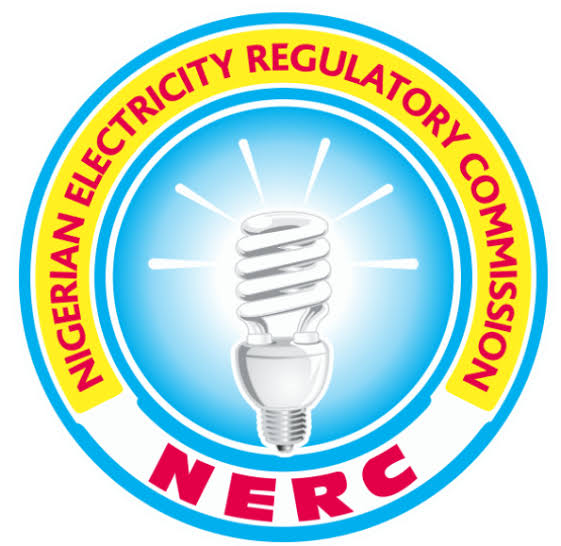
The Federal Government has hinted on plans to regularise electricity tariff Bands as the sector grows revenue by 70%, from N1.05 trillion in 2023 to N1.7 trillion in 2024.
The Minister of Power, Chief Adebayo Adelabu, disclosed this while speaking at the public presentation of the National Integrated Electricity Policy (NIEP) and Nigeria Integrated Resource Plan (NIRP) on Thursday in Abuja.
He attributed the sector growth to the bold reforms introduced by the present administration, especially, the electricity tariff Bands.
“Two, three, four months after the introduction of band A tariff, there was no noise again. Yes. So if we had not taken that step, probably we would still be at a point that would be worse than previous years.
“Because of that, we recorded a 70% growth in sector revenue from 1.05 trillion in 2023 to 1.7 trillion in 2024 alone. That’s 70%, just commercializing a tiny portion, 15% of consumers, and you saw a growth of 70% in sector revenue, which means that it can only get better as we are implementing more in this cost-effective tariff regime,” he said.
Chief Adelabu also disclosed that the capacity of generation, transmission and distribution improved by about 35% within the same period.
“We see high losses, in terms of Aggregate Technical and Commercial (AT&C) losses
coming down gradually, but capacity improved by 35%, from an average of 4,200 MW in 2023 to 5,300 MW in 2024,” he said.
On plans to regularise the tariff Bands, the Minister said, “The gap between Band A tariffs and Bands B, C and D is too wide. The Band B that is enjoying 18 hours of electricity supply is paying N63/kWh, and Band A that is enjoying 20 hours, just two hours difference of supply is paying N209/kWh. I believe this is not fair.
“We must be able to carry out some level of regularization. So this is not tariff increase, because our tariff will never go beyond what a Band A customer is paying. But we need to regularize -internal regularization of the tariffs among the existing bands,” he said .
The Minister expressed concern over the liquidity issues in the sector, especially the over N2 trillion legacy debt to the generation companies, and the outstanding unpaid subsidy of N2trillion.
He said with the total of over N4trillion owed to them, it would be difficult for them to perform optimally, as they would be unable to pay for gas, pay their staff and maintain their plants.
Adelabu assured the ministry would be fully involved in the strategic implementation of the National Integrated Electricity Policy and the Integrated Resource Plan documents.
“Our focus for this year is going to be so much on this to ensure that we don’t have a fragmented sector.
“We have a sector that can actually leverage on the synergy among all the segments, among all the stakeholders in the sector. So that generation, transmission, distribution will work together and achieve improved electricity supply in the country,” he said.
Speaking on state electricity market, the Minister assured that efforts would be intensified to ensure the operationalisation of the state electricity market.
“We are all aware that about 11 states now have regulatory autonomy. And very soon, all of them will start working and a lot of regulatory policy will be coming from the states and all that.
“We know it’s so new to us, so there’s a need for us to align the National Regulatory Commission with the state regulatory commission. There must be an alignment if we truly want this to work. And we will not leave them alone.
“As we are granting regulatory autonomy, we decided to also hold these state regulators and give them support for them to be able to operate optimally.
“We know there will be a lot of trespass, there will be a lot of conflicts, but our first target is to ensure that we insulate the national markets from the state markets.
“There will be mistakes they will make in the early days of operation. These mistakes will not affect the national markets. And there will also be crises, we know.
“A lot of them are coming from multiple states, 4, 5, 6, 7 states. And every state is getting a regulatory autonomy. Asset delineation is a problem.Tariff policy is a problem. Who’s going to bear the subsidy is a problem. A lot of problems that are begging for solutions,” he said.






